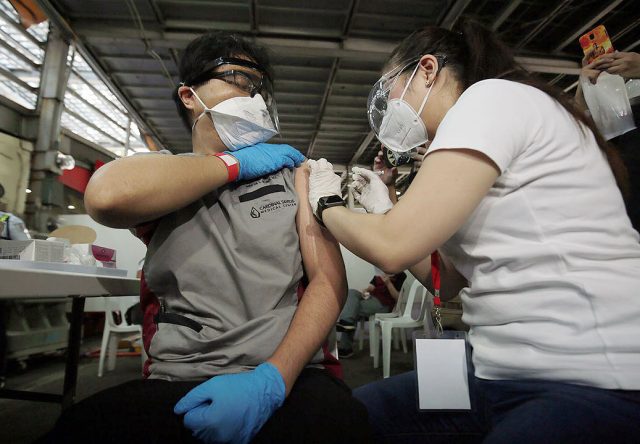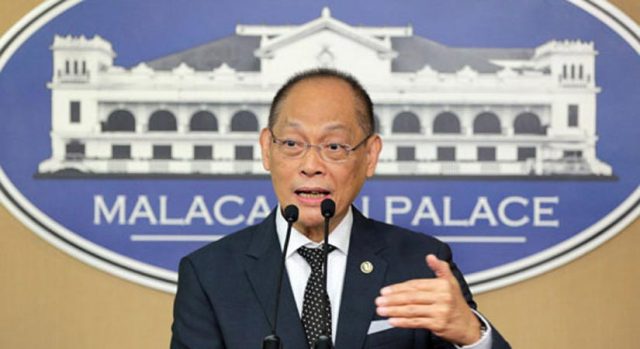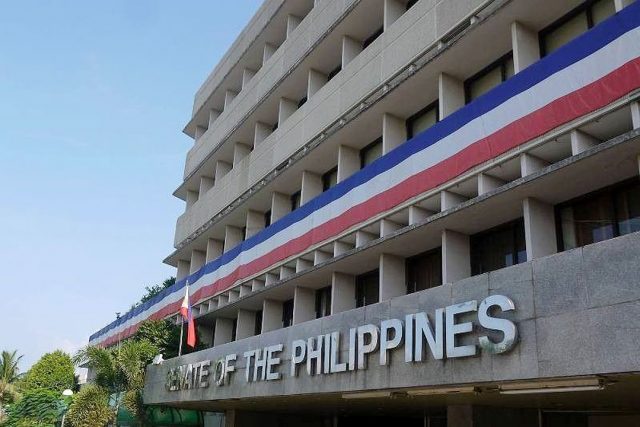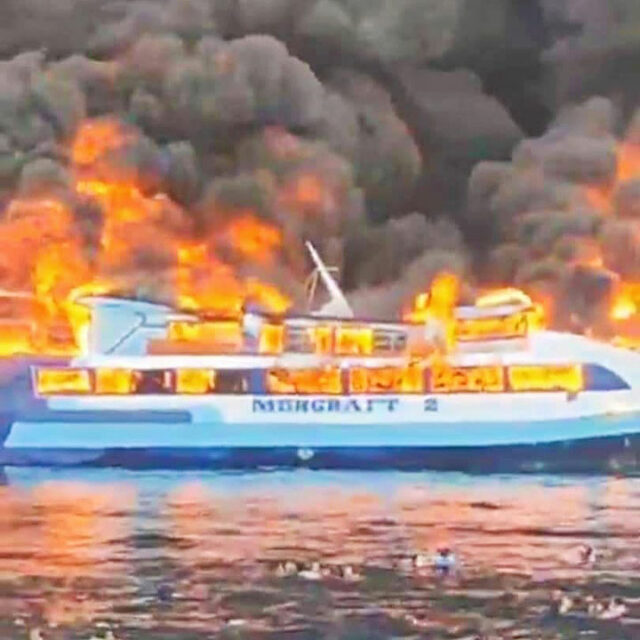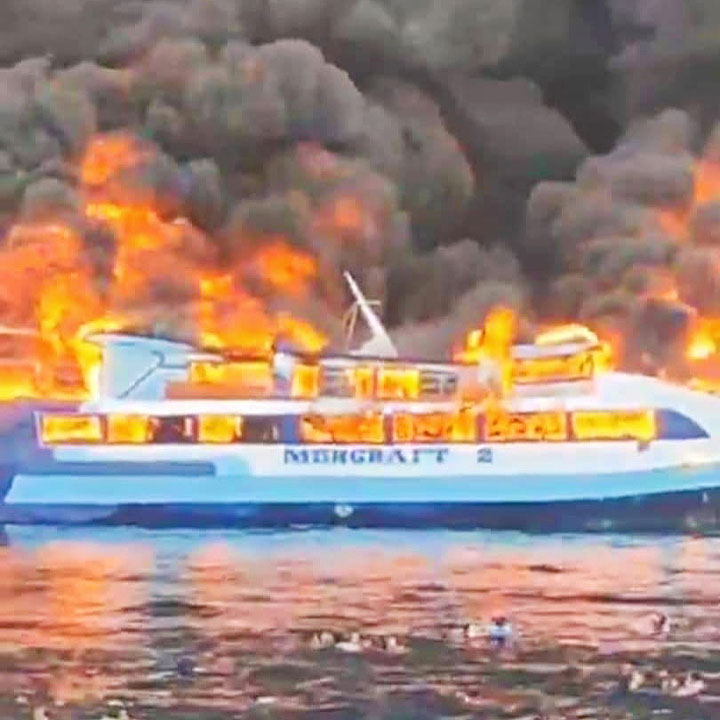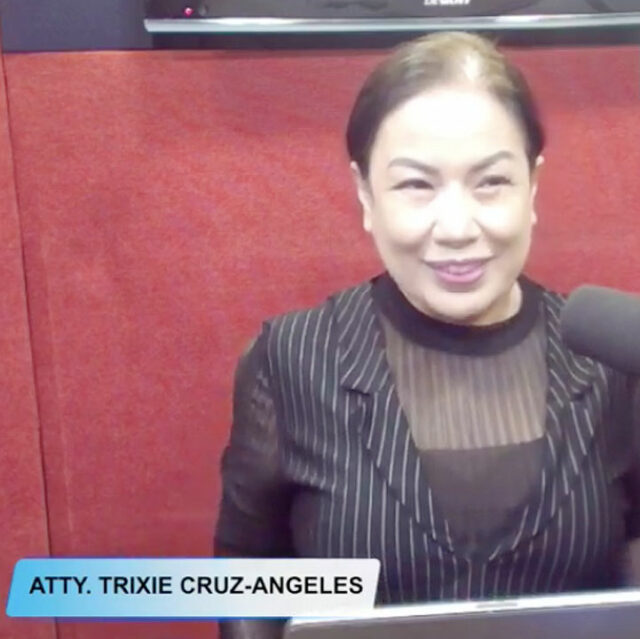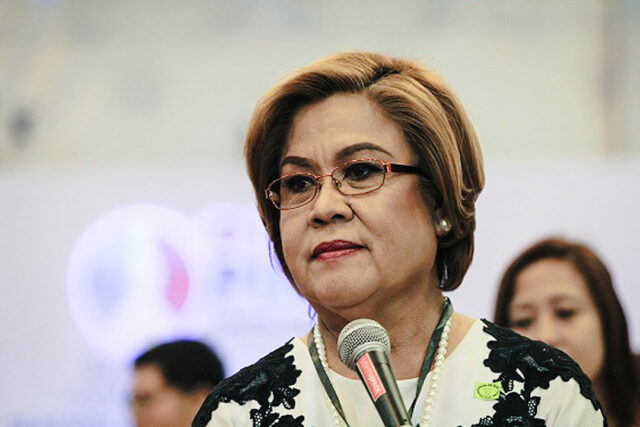As prices rise in response to the Ukraine-Russia crisis, Filipinos may be on the lookout for alternative sources of income, which would be an opportunity to engage their entrepreneurial side. Entrepreneurship is in fact abundant in our society — according to the 2020 Micro, Small and Medium Enterprises (MSME) Statistics from the Department of Trade and Industry, some 88.77% of establishments in the Philippines are micro enterprises.
Individuals, whether self-employed or employed by others, are taxed at graduated rates of 0-35% based on net taxable income. Additionally, self-employed individuals (which include professionals) are also subject to business taxes on gross sales/receipts (namely, value-added tax [VAT] or percentage tax).
The TRAIN Law, which we welcomed in 2018, offered an alternative taxation regime for self-employed individuals or mixed-income earners (or those who earn both a salary from employment and income from business or practice of a profession). This alternative is the 8% income tax on gross sales or receipts (otherwise known as gross income tax or GIT) from business or practice of a profession, in excess of P250,000.
For the business income to qualify for the 8% GIT, the individual should meet the following conditions as laid down by Revenue Memorandum Order (RMO) No. 23-2018:
• Gross sales/receipts and other non-operating income should not exceed the VAT threshold of P3,000,000 during the taxable year;
• The taxpayer should be registered as a non-VAT taxpayer; and
• The taxpayer must have signified the intention to elect the 8% GIT upon initial registration or upon filing their quarterly income tax return (ITR) for the first quarter of the taxable year. Such election will be irrevocable for that year.
The 8% GIT is in lieu of the regular income tax and percentage tax. Thus, taxpayers opting for this special rate only need to pay one tax instead of paying income tax and percentage tax separately every quarter. Thus, they only need to file the Quarterly ITR, unless exempted by any revenue issuances and the Annual ITR (Financial Statements are not required to be attached).
In contrast, self-employed individuals who have not opted for the 8% GIT, are generally subject to the 3% percentage tax or 12% VAT. The 3% percentage tax rate is temporarily reduced to 1% until June 30, 2023 under the CREATE Law and reverts to 3% subsequently.
Effectively, opting for the 8% GIT saves a taxpayer from the inconvenience of filing two returns and paying two types of taxes quarterly. As a quick review, ITRs are filed every May 15 (Q1), August 15 (Q2), November 15 (Q3), and April 15 of the following year for the annual return. On the other hand, percentage tax returns are filed 25 days after the close of each taxable quarter.
But what is the cost of this convenience? When is it beneficial to avail of the 8% GIT? Looking at tax costs alone, let’s do the math.
Taking as an example a self-employed individual with no deductible operating expenses, at P3,000,000 gross sales, the taxpayer must pay only P220,000 under the 8% GIT. It is computed by multiplying 8% to P3,000,000 less the P250,000 exempt income.
For the taxpayer to be indifferent about availing of this option, the gross profit rate (or GP rate) given the applicable percentage tax is 1%, should be 33.33% of the gross sales/receipts. It is at this GP rate (8% GIT breakeven point) that tax due under 8% GIT and graduated rates are the same at P220,000. If the GP rate is more than 33.33%, the taxpayer will be better off availing of the 8% GIT. Conversely, if its GP rate is less than 33.33%, it will be worse off applying the 8% GIT. At 40% operating expenses, the 8% GIT breakeven point is a 55.56% GP rate.
From this calculation, we can infer that those individuals with margins greater than the breakeven point are more likely to benefit from the 8% GIT. For individuals with relatively stable and high GP rates and lower operating expenses, 8% GIT may be a good option. It will mean tax savings and less administrative costs on filing returns. However, for those with a low GP rate and who have a significant level of operating expenses, 8% GIT may not be the best option — taxwise. The taxpayer will lose the benefit of deducting his expenses.
Either way, availing of the 8% GIT may save the individual precious time which can be devoted to running the business. Since the irrevocable option is signified during the first quarter, the downside is that there is no turning back. Like all other aspects of the business, careful study is required. By conducting a diligent cost-benefit analysis, taxpayers can evaluate the most efficient tax rates to apply in order to maximize the sought-after returns.
The views or opinions presented in this article are solely those of the author and do not necessarily represent those of Isla Lipana & Co. The content is for general information purposes only, and should not be used as a substitute for specific advice.
Erika Mae D. Buenaventura is an assistant manager at the Tax Services Department of Isla Lipana & Co., the Philippine member firm of PwC network.
erika.mae.buenaventura@pwc.com


